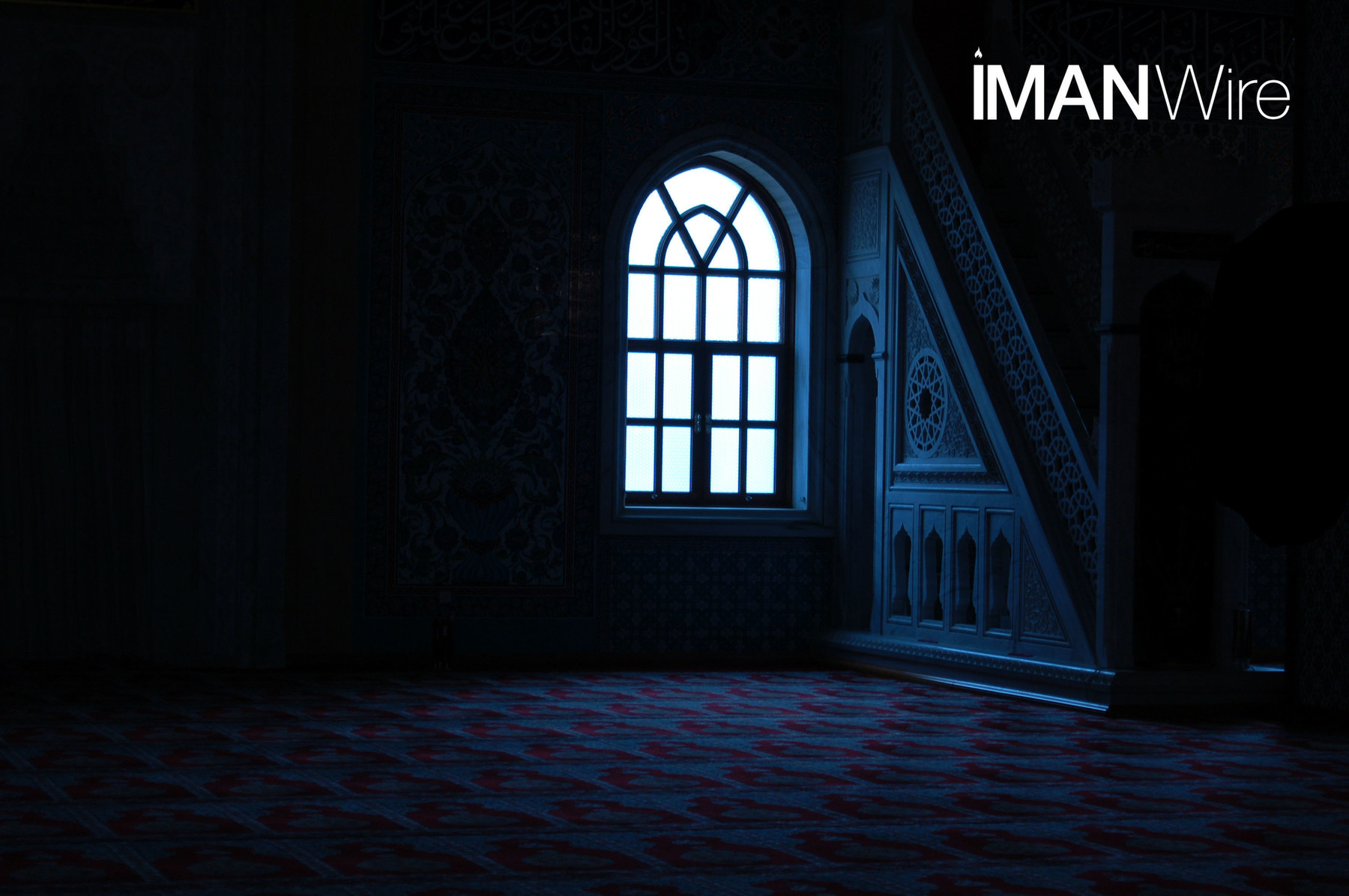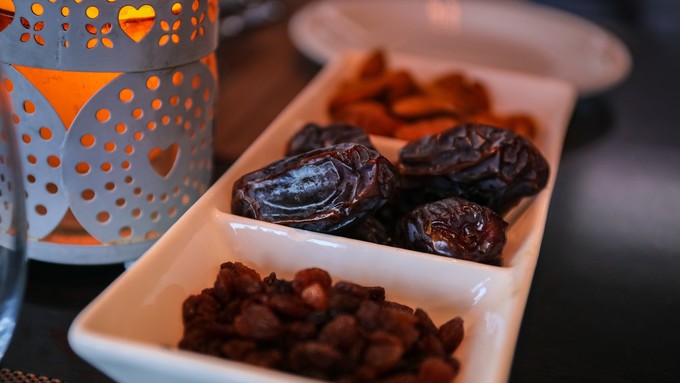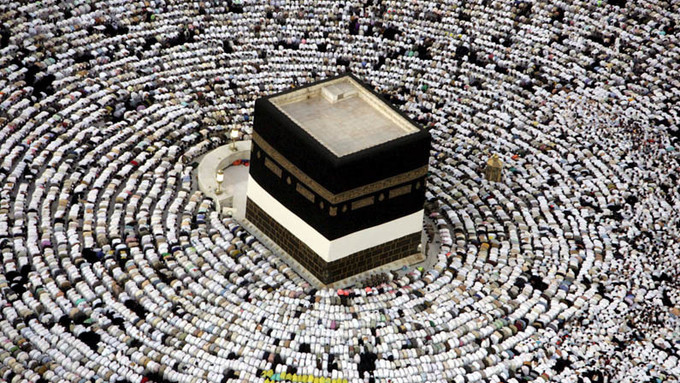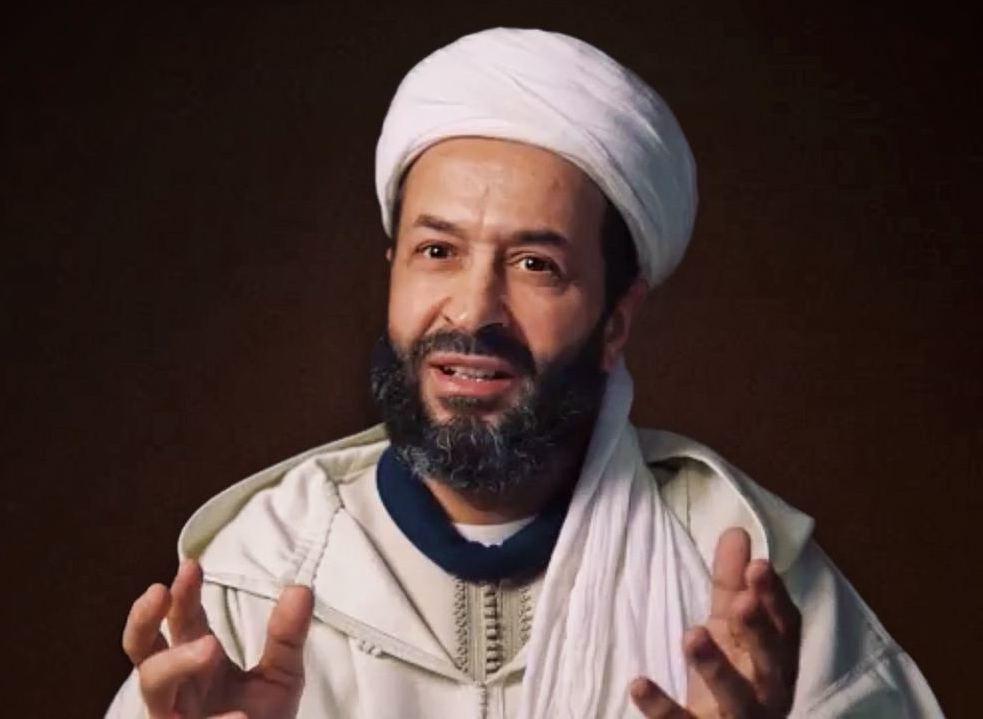Love Meeting God and He Will Love Meeting You

The following is a transcript of a khutba by Shaykh Mokhtar Maghraoui. It contains minor modifications from the spoken word for ease of readability.
In the Name of Allah, all praise be to Allah, and prayers and peace be upon Rasulullah ﷺ and upon his people, family, companions, and those who turn toward him. O Allah please accept from us our Salah. And forgive us and turn toward us and grant merciful love to us. And expand our chests for us and open the hearing-channels of our hearts to Your dhikr.
A brief reminder to myself and to all my brothers and sisters:
Alhamdulillah that one of the most frequent events of our everyday life is Salah. Because Salah is intended to keep us connected to Allah ‘azza wa jall so that we do what we do in our other aspects of life – at work, at home, or in between – in awareness of Allah ‘azza wa jall. No matter what we do.
So the frequency of Salah is intended to keep us always conscious and aware of Allah ‘azza wa jall and His watchfulness over us, so that we do not separate our everyday life from our Salah-life or from our masjid-life. The two must be integrated and connected.
إِنَّ الصَّلَاةَ تَنْهَى عَنِ الْفَحْشَاء وَالْمُنكَرِ
Indeed Salah restrains from indecent deeds and all that runs counter to reason
[Sura ‘Ankabūt 29:45]
Salah is intended in my other part of life to prevent me from indulging in that which is displeasing to Allah ‘azza wa jall in any way or sort. This includes in any of my activities, in any of my words, or in any of my behaviors. When we come to Salah and after Salah and in between, we should always be in that awareness of Allah ‘azza wa jall – especially inside Salah.
Desire to Be with God
And when we come to Salah my dear brothers and sisters, perhaps some of us do not come with enough passion. Right? Some of us may become bored, and refuge [from that] is with Allah. Some of us come maybe because it’s a culture. You know, if a neighbor is going to the masjid, we go to the masjid to socialize. Some go perhaps from these reasons. And as you know, may Allah bless you, these are not good reasons to be in Salah. These are the wrong reasons to be in Salah.
When we come to Salah we should have a desire to be with Allah ‘azza wa jall. A desire to disengage from everything else and to engage emotionally, intellectually, and psychologically with Allah subhānahu wa ta’ala. And we must strive to achieve that.
If we don’t like to be like that in Salah, Allah doesn’t like to have us in Salah. You know that Rasulullah ﷺ said,
مَنْ أحَبّ لِقَأ أللهِ أحَبّ اللهُ لِقَأه
و مَن كَرِهَ لِقَأ أللهِ كَرِهَ أللهُ لِقَأه
Whoseover desires and loves to encounter and be with Allah,
Allah loves to be with him or her.
And if one does not love and desire to be with Allah,
then Allah does not desire to be with him or her either.
And that is especially about akhira when we die. But it also has meaning about this life.
Don’t Hurry to Leave
When we come to Salah, where are we going? We’re supposed to be going to whom? To Allah – to liqā Allah (meeting Allah) in Salah. So if in that walk or drive or coming to Salah we are not energized in this way, if we come for the wrong reasons and we come lazy and bored, then that’s a sign that Allah is not desiring us because of the way we are. But if when we come to Salah we find our hearts desirous, going forward emotionally, elated, and expanded – and if we’re not in a hurry in Salah to leave – then that’s a sign inshallah that Allah loves to be with us.
So I remind myself and you my dear brothers and sisters. May Allah bless us to come to Salah. May we, however, continue to improve on the quality of this Salah. Because the quality of this Salah affects the quality of our other life. You might think they have nothing to do with one another. [But the truth is] the quality of Salah affects the quality of life outside of Salah, positively or negatively.
May Allah ‘azza wa jall help us all. May Allah guard our hearts. May Allah ‘azza wa jall help us to be of those who love to be with Him ‘azza wa jall.
Faith & Spirituality Related Articles

5 Practical Steps To Get You Ready for Ramadan
As Ramadan is less than a month away, we might feel we often haven't done enough to prepare for it. Here are 5 things we can do right now during Shaban to make sure that we get the most out of Ramadan. The Prophet (Peace & Blessings upon Him & His Family) supplicated,” O Allah give us the blessings of Shaban and give us the treasure of Ramadan.”

Hajj at Home: Kindling the Spirit of Arafah
Even if we are not on Hajj this year, our situation is no different. We navigate through the complexities of our daily life, immersed in the never-ending responsibilities of work and family, inundated with the intrusions of technology and social media into every minute of our lives, moving from place to place and idea to idea.

